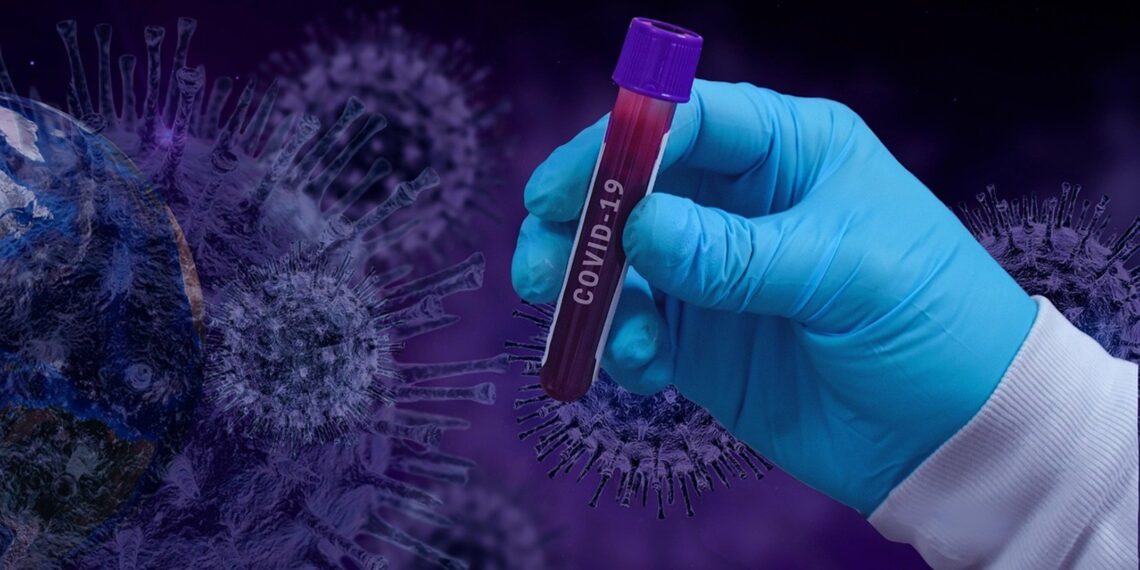New Delhi: India has recorded a rise in active COVID-19 infections, with the total crossing the 6,000-mark after 769 new cases were reported in the last 48 hours, according to the latest data from the Union Health Ministry.
Kerala remains the worst-affected state, followed by Gujarat, West Bengal, and Delhi.
The uptick has prompted the Central government to initiate mock drills across healthcare facilities to assess emergency readiness.
States have been instructed to ensure adequate supplies of oxygen, isolation beds, ventilators, and critical medications, sources said.
As of Sunday, 6,133 active cases have been reported nationwide. The Ministry also confirmed six new fatalities in the past 24 hours.
However, officials emphasized that most infections remain mild and are being managed at home.
Since January 2025, a total of 65 COVID-related deaths have been recorded. Notably, there were only 257 active cases in the country as recently as May 22, highlighting a significant upward trend.
To address the resurgence, the Ministry of Health held a series of technical review meetings on June 2 and 3, chaired by Dr. Sunita Sharma, Director General of Health Services.
The meetings included representatives from multiple health and emergency response agencies such as the Disaster Management Cell, Emergency Response Cell, National Centre for Disease Control (NCDC), ICMR, and other central and state-level institutions.
Officials also reported that state and district surveillance units under the Integrated Disease Surveillance Programme (IDSP) are keeping a close watch on trends in Influenza-Like Illness (ILI) and Severe Acute Respiratory Infections (SARI).
ALSO READ: Meghalaya: Missing Indore couple was last seen with three men, informs guide
“All hospitalized SARI cases should be tested for COVID-19, along with 5% of ILI cases, as per current guidelines,” an official source stated.
Positive samples from SARI cases are being sent for whole genome sequencing through the ICMR’s Virus Research and Diagnostic Laboratory (VRDL) network to track emerging variants.
Health authorities continue to urge the public to remain vigilant, particularly in high-risk areas, while reinforcing the importance of timely testing and vaccination where applicable.















